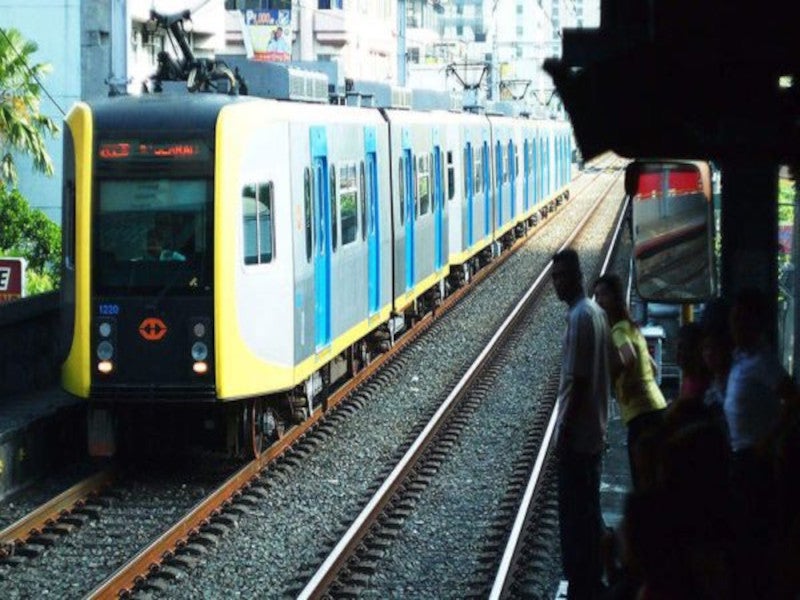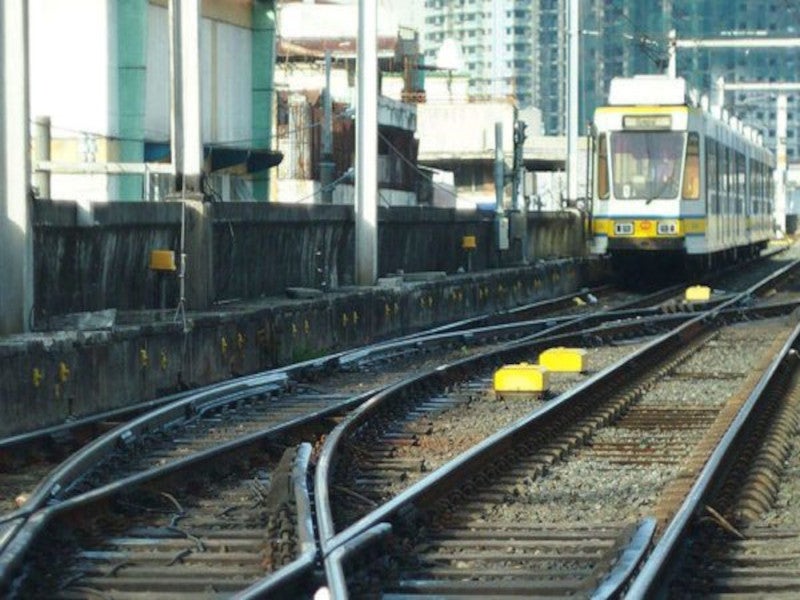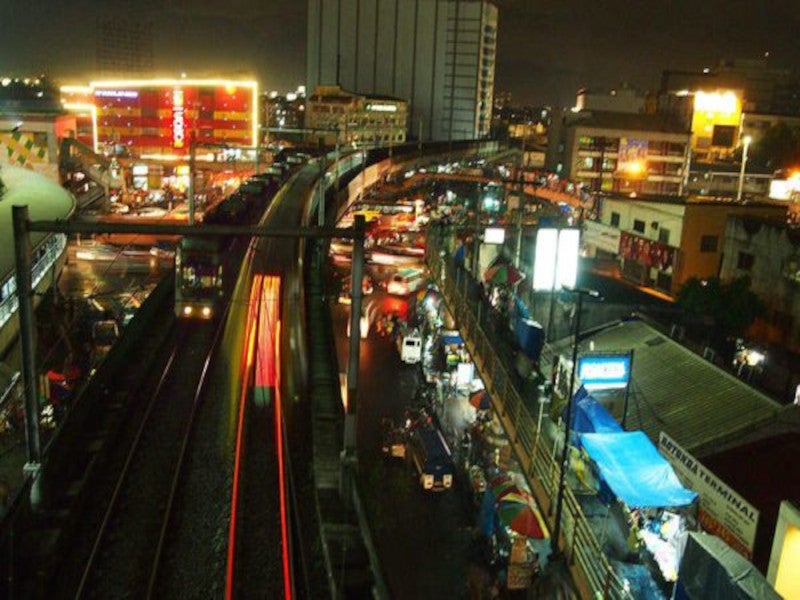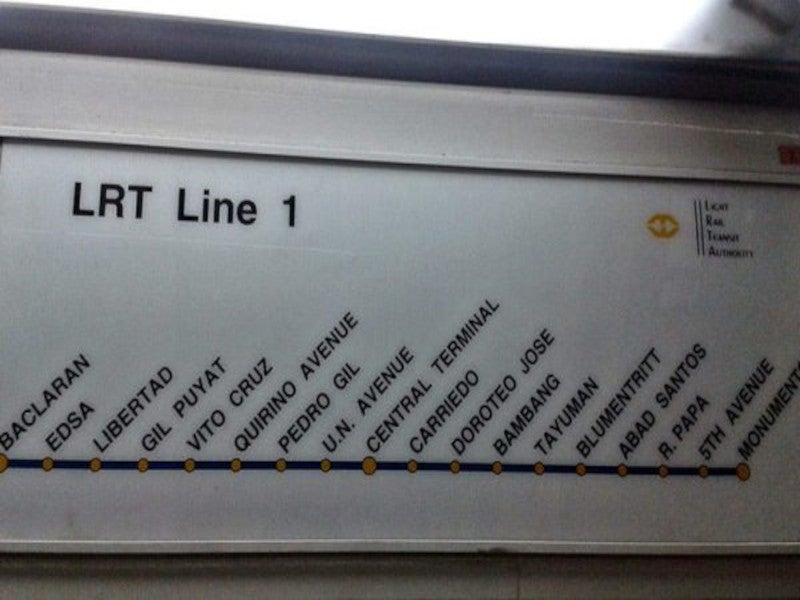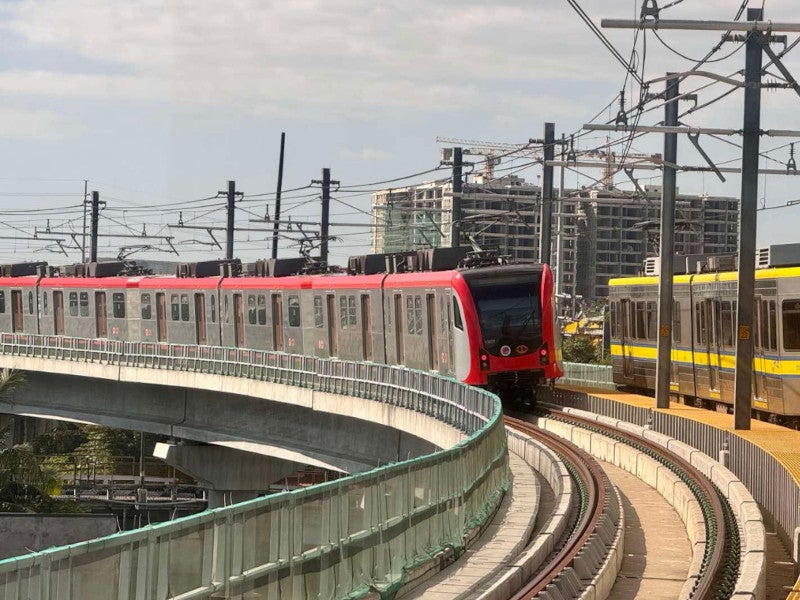The Manila Light Rail Transit Line 1 (LRT-1) Cavite Extension project will extend the existing 20.7km LRT Line 1 metro line serving the Metro Manila region in the Philippines by approximately 11.7km.
Also called Green Line, LRT Line 1 is the first metro line of the Manila LRT system. The line runs between Baclaran in Paranaque city and Congressional Ave in Quezon City in the Metro Manila region.
The Light Rail Manila Consortium (LRMC), which won the contract to build and operate the extension project, is implementing the project with the support of the Light Rail Transit Authority (LRTA) of the Philippines and the Department of Transportation and Communication (DOTC).
Construction on phase one of the project commenced in September 2019 and is expected to be completed in the fourth quarter of 2024.
The first test run on the extension was completed in December 2023. The line was 97% completed, as of March 2024.
The project is aimed at easing the traffic congestion in the Paranaque-Las Pinas-Cavite corridor and improving the commercial development around the rail stations along the line. The extended line will reduce the journey time between Baclaran and Bacoor from 70 minutes to 25 minutes and benefit 800,000 passengers a day.
Manila LRT-1 extension project background
With 20 stations along its 20km route, the LRT-1 became operational in 1984. Its ridership increased to half a million passengers a day in just three decades.
The last decade saw a significant increase in the number of people using the route. However, the existing infrastructure deteriorated due to poor maintenance and the fleet size decreased causing safety concerns. In addition, only three metro lines serve 16 million inhabitants in Manila.
In October 2014, the LRTA and the DOTC, which originally owned and operated the LRT system, awarded the contract to operate and maintain the existing line, as well as to construct the proposed extension to LRMC, which comprised major local and international conglomerates such as Metro Pacific Light Rail (MPLRC), Ayala Corp’s AC Infrastructure Holding (AC Infra) and the Macquarie Group.
Worth 64.915bn pesos ($1.36bn), the 32-year concession includes $200m in upfront concession fees. LRMC also committed to invest $925m in the construction of the extension.
The Cavite Extension project details
The proposed extension will stretch the existing 20.7km LRT Line 1 to 32.4km and is being undertaken in three phases. It is designed to integrate seamlessly into the existing system.
The extended line will connect to the existing line immediately south of the Baclaran station and continue to run southward. It will traverse through the cities of Paranaque and Las Pinas, and will end at Barangay Niog, Bacoor.
The new track will consist of elevated guideways throughout the alignment while the at-grade guideway section will be located at Zapote, where a satellite depot and a new station will be constructed.
The project also includes the development of three intermodal facilities, one satellite depot and upgrades to the existing depot.
The Cavite Extension will feature eight more stations from Baclaran, increasing the total number of LRT-1 stations from 20 to 28. The eight stations will be located at Redemptorist, MIA, Asiaworld, Ninoy Aquino, Dr Santos, Las Pinas, Zapote, and Niog.
The extension is designed for a speed of 80km/h for the main track, 60km/h through the stations, and 30km/h for secondary and depot tracks, whereas the commercial speed will remain at 60km/h.
LRT-1 Cavite Extension construction
The construction of the LRT-1 Cavite Extension includes the installation of pi-girders, which will be the chief horizontal support structure.
Financing for the Cavite extension
The estimated investment for the project is 64.915bn pesos ($1.36bn), of which 25.35bn pesos ($533m) will be funded by the Philippine Government through official development assistance (ODA) from the Japan International Cooperation Agency (JICA) under Capacity Enhancement of Mass Transit Systems in Metro Manila Project.
The ODA will be utilised for complementary projects such as the construction of a satellite depot, rolling stock design and procurement, and expansion of an existing depot.
The remaining 39.565bn pesos ($831.9m) will be raised through private sector investments.
Contractors involved in Manila LRT Cavite extension
RATP Group, a transport operator, was selected as the technical partner for LRMC.
LRMC awarded a €450m ($501m) contract to Alstom Transport and Bouygues Travaux Publics to provide an integrated metro solution for the extension project in February 2016.
The contractual scope includes provision for signalling and communication system and traction power supply. It also includes track work on the extended line, construction of a new depot and extension of the existing depot.
Alstom will install Atlas 100 on-board signalling solution for 60 trains and renovate the existing signalling system of Line 1.
Bouygues Travaux Publics is the engineering, procurement, and construction (EPC) contractor for the project.
SYSTRA, an engineering and consulting company, provided the detailed design of the viaduct and structures of the LRT-1 Cavite Extension.

